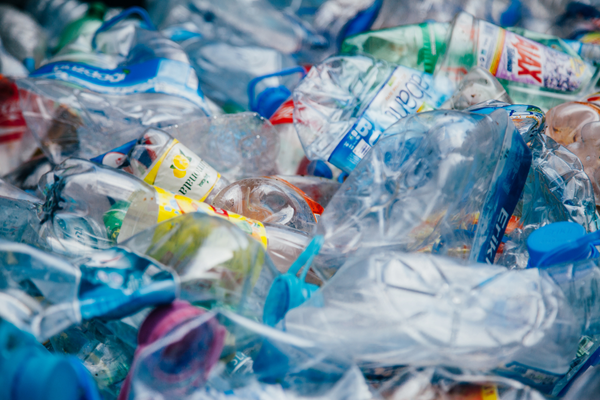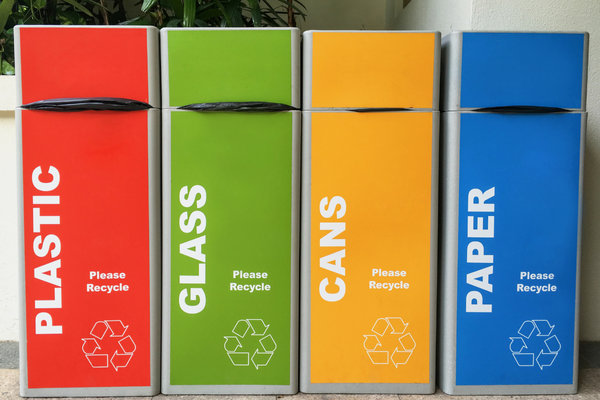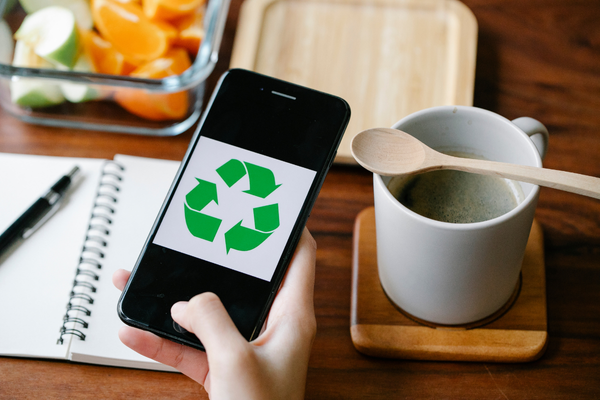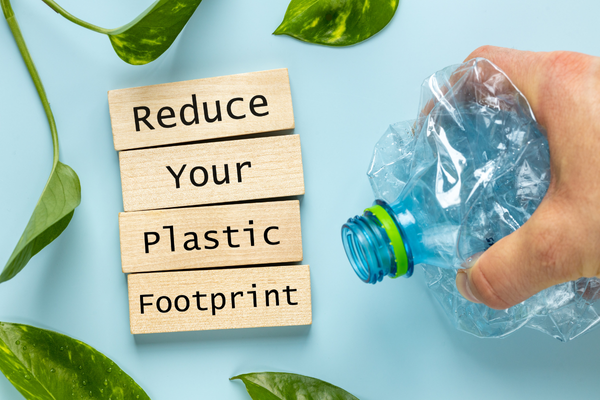What is Plastic Free July All About?
A key initiative of the Plastic Free Foundation is working towards their vision of seeing a world free of plastic waste...

What is Plastic Free July, and what impact does it have?
- *In 2024, over 174 million people across the world participated in Plastic Free July.
- *Participants take 23% more action to reduce plastic waste
- *Participants reduced their household waste by 16 kgs per person per year (3.8% less waste)
- *Globally, Plastic Free July participants reduced:
- non-recoverable (landfill) waste by 1,700 million kgs
- recyclable waste by 1,200 million kgs, including
- plastic consumption by 390 million kgs
- *More than 75% of the population supports policies and actions to reduce waste
Ideas and solutions
Reducing plastic in the workplace doesn’t have to be overwhelming — in fact, it’s often the small, consistent changes that make the biggest impact. Whether you're a small business or a large organisation, there are opportunities to reduce single-use plastics and adopt more sustainable habits. From the kitchen to the supply cupboard, every department can play a role in creating a cleaner, greener future. Below are practical, achievable ways your workplace can take part in Plastic Free July — and beyond.
How can your workplace make a difference?
For businesses, it’s more than just a sustainability initiative — it’s a chance to lead by example, inspire employees, and make meaningful changes that last well beyond one month. At Aston & James, we believe in practical, people-first solutions. So here are some impactful ways your workplace can reduce the waste of plastic.
1. Rethink the workplace kitchen
The office kitchen is often a hotspot for hidden plastics. Here’s how to tackle it:
Audit your kitchen: List all single-use plastics — think plastic cutlery, cups, bin liners, biscuit wrappers, teabags with plastic seals, and water bottles.
Swap for reusables: Replace disposables with ceramic mugs, stainless steel cutlery, glass containers, and cloth tea towels.
Avoid “greenwashed” alternatives: Compostable plastics and bamboo disposables still create waste. Reusables are the best solution.
Add a compost bin: Encourage food waste composting with a shared bin.
Label your bins: Clear signage helps everyone recycle correctly and reduces contamination.
2. Upgrade your recycling
Conduct a bin audit: What’s being thrown away? What could be recycled or avoided altogether?
Separate soft plastics: Set up a collection point for food & carrier bags, snack wrappers, and bubble wrap, and take them to a soft plastics recycling facility.
Educate with visuals: Use posters or infographics to show what goes where, and why it matters.

3. Choose sustainable procurement
Your purchasing decisions have power. Here’s how to make them count:
Buy in bulk to reduce packaging waste.
Choose suppliers with sustainable packaging, like recycled or recyclable materials.
Switch to refillable products: Cleaning supplies, hand soap, and even pens can often be refilled instead of replaced.
Ask your suppliers (like us!) about plastic-free or low-waste alternatives.
4. Engage your team
Cultural change starts with a conversation:
Start small: Invite a few colleagues to join the Plastic Free July challenge.
Host a plastic-free morning meeting: Food brings people together and opens the door to bigger conversations.
Celebrate wins: Share progress, photos, and stories to keep momentum going.
5. Lead by example
When your team sees leadership embracing sustainability, it becomes part of your workplace identity. Consider:
Providing branded reusable coffee cups or water bottles.
Eliminating single-use plastics from events and meetings.
Sharing your journey on social media to inspire others.

Small steps have a big impact
Plastic Free July isn’t about perfection — it’s about progress. Whether you start with a single swap or a full kitchen overhaul, every action counts. We’re here to support your workplace with sustainable products, eco-conscious solutions, and expert advice.
Ready to go plastic-free at work?
Let’s talk about how we can help your business make the switch.
*Data from https://www.plasticfreejuly.org/


